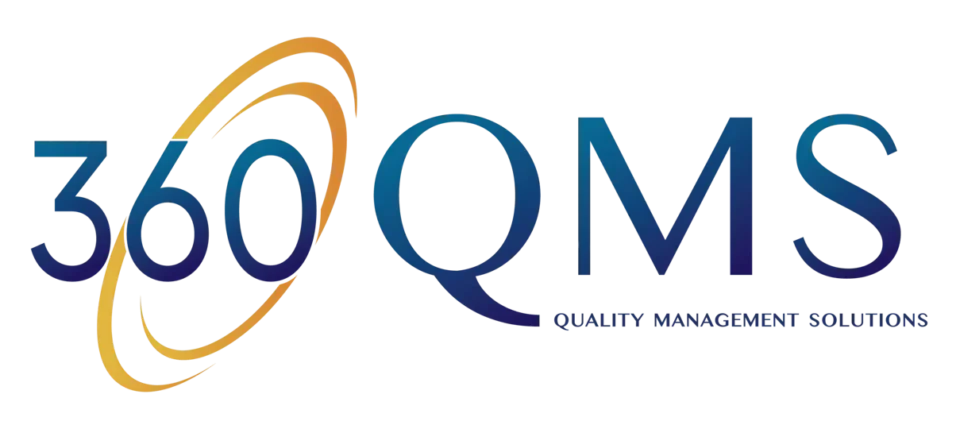Your Quality Journey Made Simple: Mastering ISO 9001 and ISO 13485 Certification
Welcome! We're so glad you're here. As a team of Quality Management enthusiasts, we understand that the journey to ISO 9001 and ISO 13485 certification can seem like a mountain climb. But don't worry, we're here to be your trusted guide.
As with any profession the rates charged by consultants will vary significantly and is in most cases dependant on the expertise and the value that the consultant will bring to your business.
Having said that, a good consultant will most likely end up saving the organisation money through various improvements and time saved by personnel within the organisation having to navigate a sometimes complex landscape.
The actual project costs is dependent on the size of your organisation and the amount of products and processes that will be included in your scope of certification.
Projects are costed according to the estimated time that it would take to complete.
ISO consultants assist organisations to interpret and apply the selected standard’s requirements to implement a meaningful management system that will allow the organisation to achieve successful ISO certification.
First and foremost, your consultant should compile the management system in discussion with you. One size fits all manuals rarely work and does not add any value.
Also, consider the experience and industry exposure of the consultant. It is not only about interpreting the standard, but also to allow your organisation to benefit from industry best practices
A Quality Management System is the framework of documented procedures and process controls that have been compiled to address the various ISO standard requirements.
ISO certification is achieved when an accredited certification body has assessed (audited) the Quality Management System and found it compliant with the various requirements of the selected standard.
No, some organisations are able to implement compliant management systems through dedication and in house knowledge. Most organisations do not have the time or available expertise to design a Quality Management System that is both compliant and that facilitates improvement and customer satisfaction.
The time taken to achieve certification is dependent on the size and complexity of the organisation and processes within the scope of certification. In addition, the available resources including time and commitment from management has a direct bearing on the project timeline.
In most instances successful implementation of a quality management system takes roughly 3 to 6 months while certification can be achieved within 8 months from start of the project.
It is important to consider that most certification bodies would prefer to have roughly 3 months’ worth of records available to audit. It is not always worth rushing the project.
Through certification the organisation can demonstrate that it is managing internal processes in accordance with international standards and norms. This secures market credibility and opens various markets to the company.
On some instances such as medical devices, ISO 13485 certification is a requirement to be licensed.
There are a great number of standards and possible certification options available to organisations. The ISO 9001 standard does however form the foundation of many of these standards.
As with any profession the rates charged by consultants will vary significantly and is in most cases dependant on the expertise and the value that the consultant will bring to your business.
An accredited Certification Body is the only option to being certified. It is important to confirm that the selected certification body is accredited by national or international accreditation service to ensure that your certificate has the required credibility.
The implementation of a full Quality Management System can be achieved in anything between 3 and 8 months depending on the size and complexity of the business. Certification can achieved within 2 months after successful implementation of the management system.
ISO 13485 certification costs have reduced significantly in the last year. This is mainly due to the accreditation of local certification bodies that are more affordable than international accreditation bodies that quote in GBP or Euro.
The costing is however calculated based on the size of the organisation and the number of processes and products that are included in the scope of certification. The number of regional offices also has a significant impact on the certification costs.
ISO 13485 certification provides the necessary assurance for the regulator (SAHPRA) and all affected parties within the medical market that the organisation maintains a compliant management system.
ISO 13485:2016 is the internationally recognized standard for quality management systems in the medical device industry.
Certification to the standard allows the organisation to demonstrate its ability to provide medical devices and related services that consistently meet customer requirements and applicable regulatory requirements including medical device directives.
The standard is designed for organisations that are involved in one or more of the stages of the product life cycle, from design and development to production, installation, storage, servicing and sales of medical devices. It also applies to suppliers of external parties that provide product such as raw materials or services.
SAHPRA has stipulated the requirement for all medical device establishments to be accredited to the ISO 13485 standard by January 2025. This applies to manufacturers, importers and a range of other organisations.
Your organisation does not need both ISO 9001 and Iso 13485. The SAHPRA requirement is for the organisation to be ISO 13485 accredited. However due to the slight difference in focus of the two standards some organisations elect to maintain accreditation to both standards. ISO 9001 is more strategic and customer centric with a focus on continued improvement while ISO 13485 has a much stronger regulatory compliance focus.

